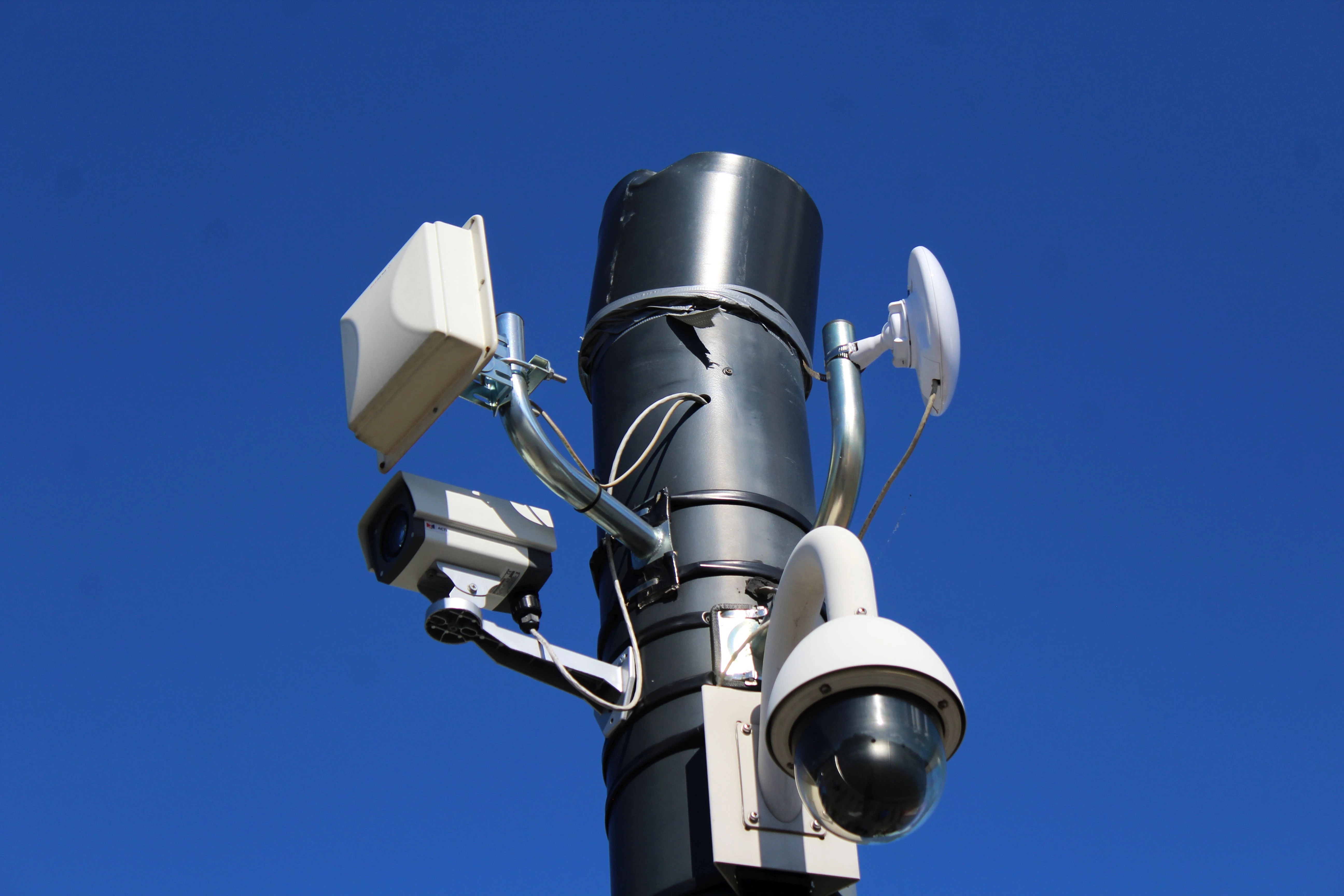Drivers are being urged to remove four hazardous items from their cars as the UK braces for its fourth heatwave of the year. Temperatures are expected to reach a scorching 33C in parts of England this weekend, creating unexpected driving hazards.
The RAC reports a 10% surge in vehicle breakdowns this week, with faulty tyres identified as the main cause of increased callouts. The breakdown organisation recorded significantly more incidents between Monday and Thursday compared to the same period last week.
Four dangerous items to remove
Bottled water tops the list of items that must be removed from vehicles during extreme heat. As temperatures rise, chemicals from plastic bottles can leach into the water, making it unsafe to drink.
Single-use water bottles can also act as magnifying glasses for sunlight, potentially sparking fires inside vehicles. The safest approach is to remove all water bottles from cars during heatwave conditions.
Medication presents another serious risk when left in hot cars. Most commercial painkillers, including paracetamol and Calpol, can only remain effective at temperatures up to 25C. During heatwaves like this, it's strongly advised to store certain medications in the fridge.
Sun cream and battery hazards
Sun cream can deteriorate inside bottles and may even burst due to pressure from the heat. Drivers should treat heat-damaged sun cream as expired and replace it immediately.
Batteries pose explosion and fire risks in extreme conditions, whether in emergency kits, vape devices, or battery packs. Overheated batteries can leak acid or catch fire when used after exposure to high temperatures.
Essential driving precautions
According to the RAC, drivers should check tyre pressures and coolant levels before making journeys, particularly to coastal areas. Fuel consumption increases during heatwaves, so vehicles should be topped up with petrol or diesel.
It's vital to monitor water and oil levels in vehicles during hot weather and ensure air conditioning gas is topped up. Drivers should also watch their engine's temperature gauge carefully to avoid costly breakdowns under the intense summer sun.
The driving safety warnings come as reports suggest that the drink-driving limit could be altered in England and Wales. Heat health alerts remain in place across multiple English regions until 6pm on Monday 18 August.
Wider heatwave impact
The ongoing extreme weather has contributed to drought conditions affecting 11 areas across the UK. National Drought Group meetings continue to monitor the situation as the country experiences its fourth major heatwave of the summer.
Sources used: "PA Media", "Nottingham Post", "Manchester Evening News", "Chronicle Live" Note: This article has been edited with the help of Artificial Intelligence.









